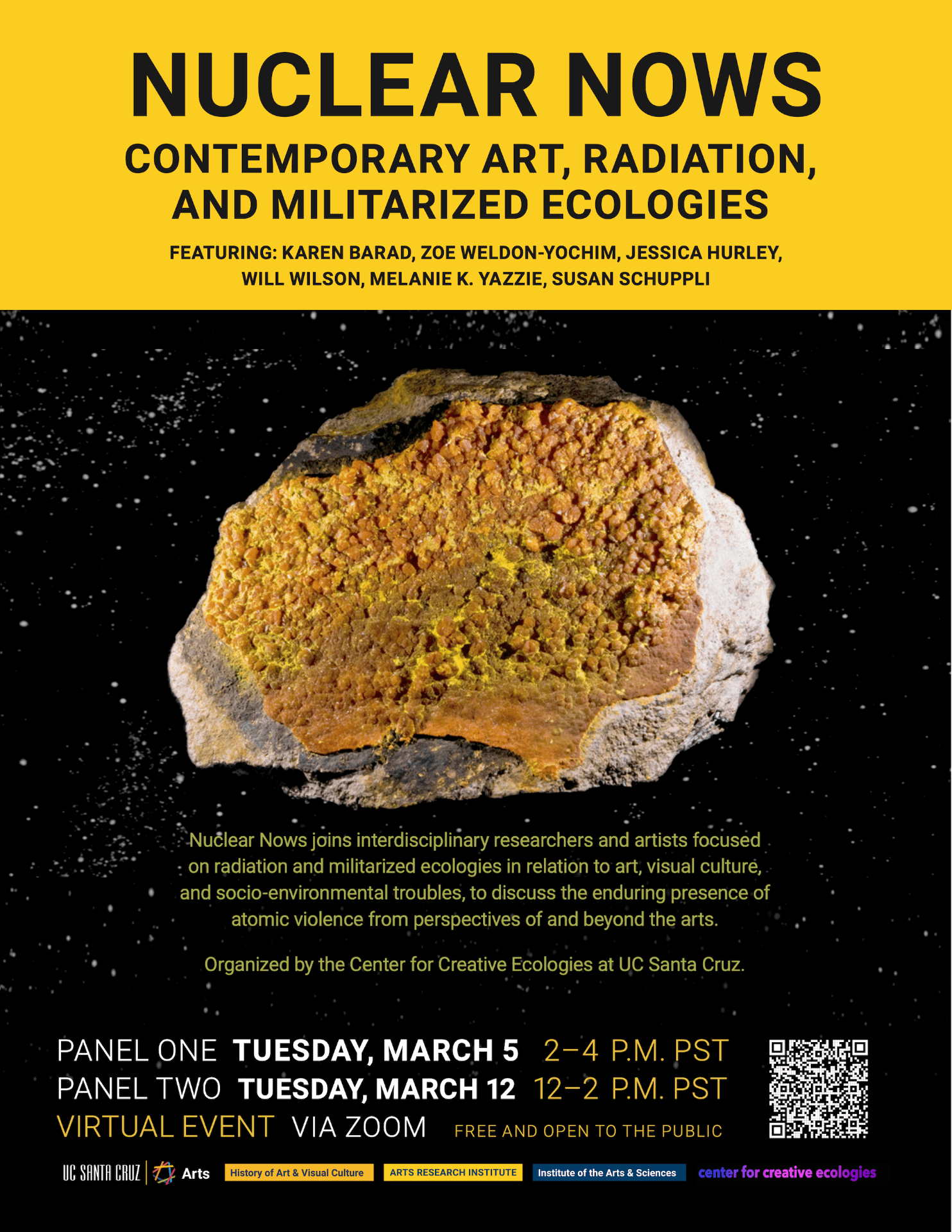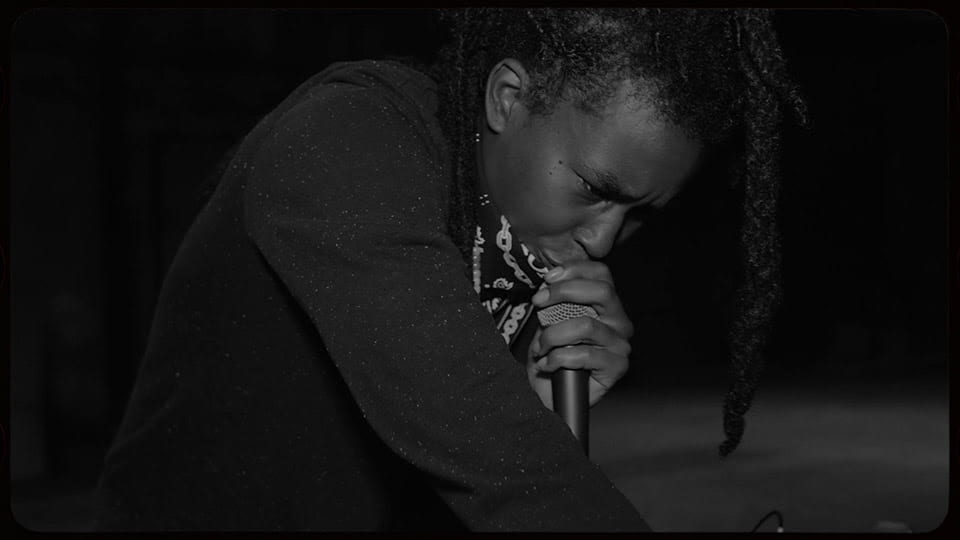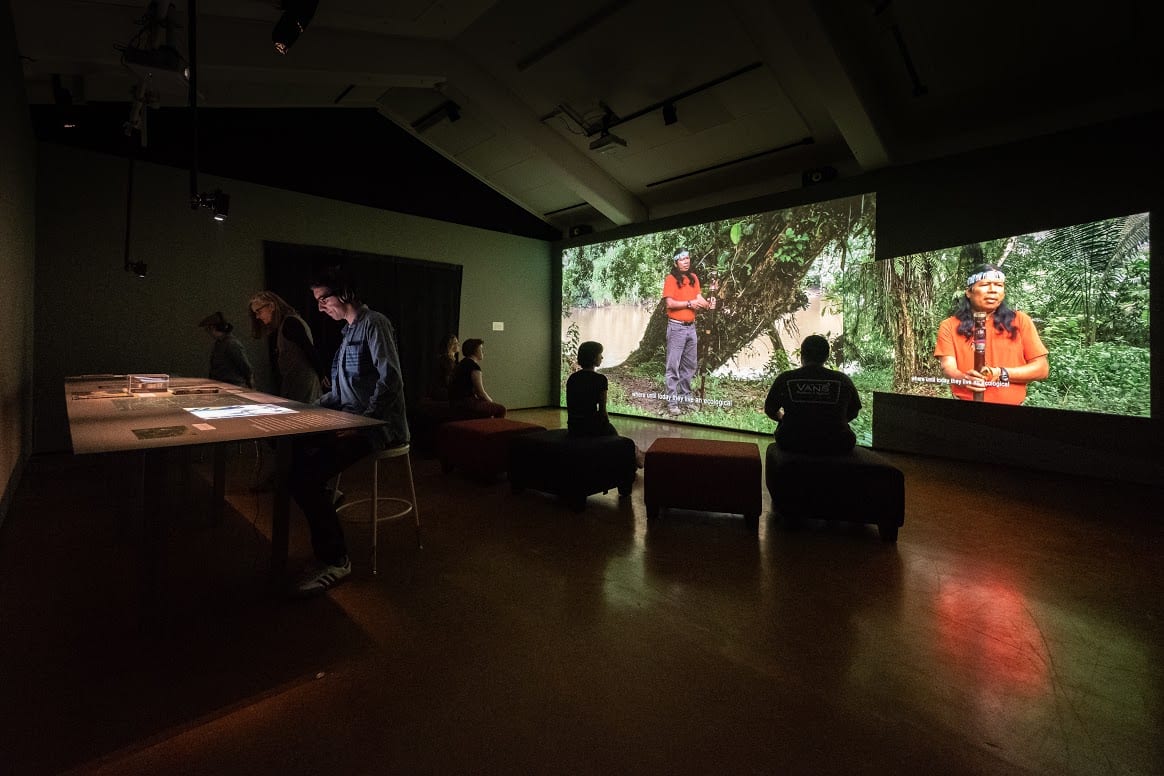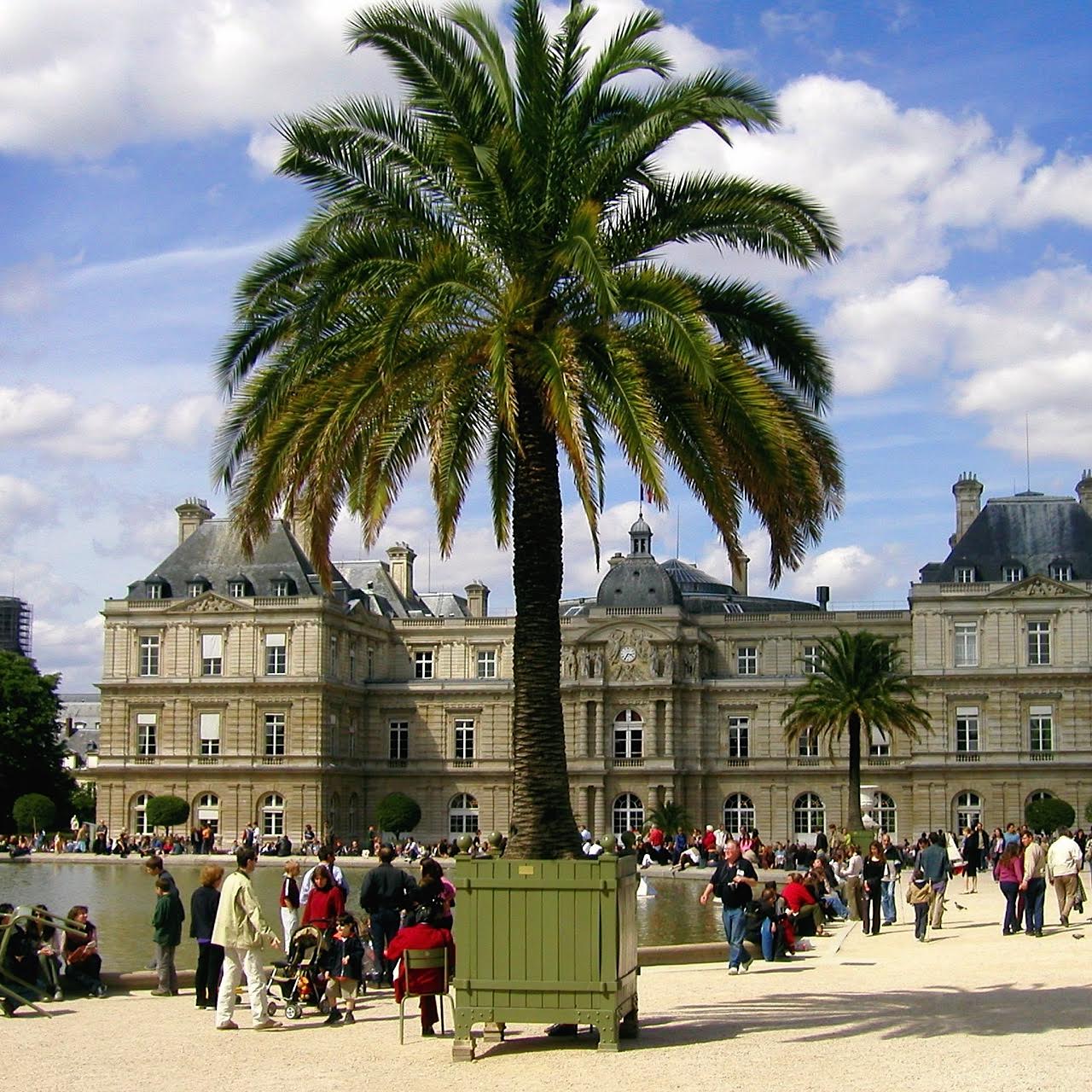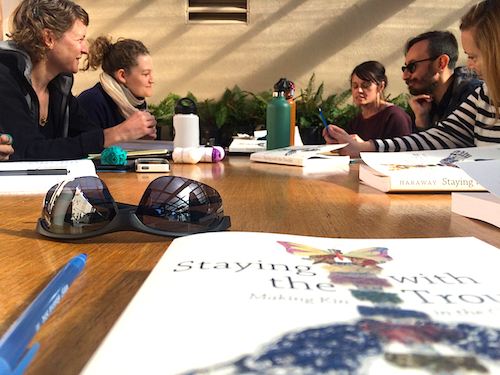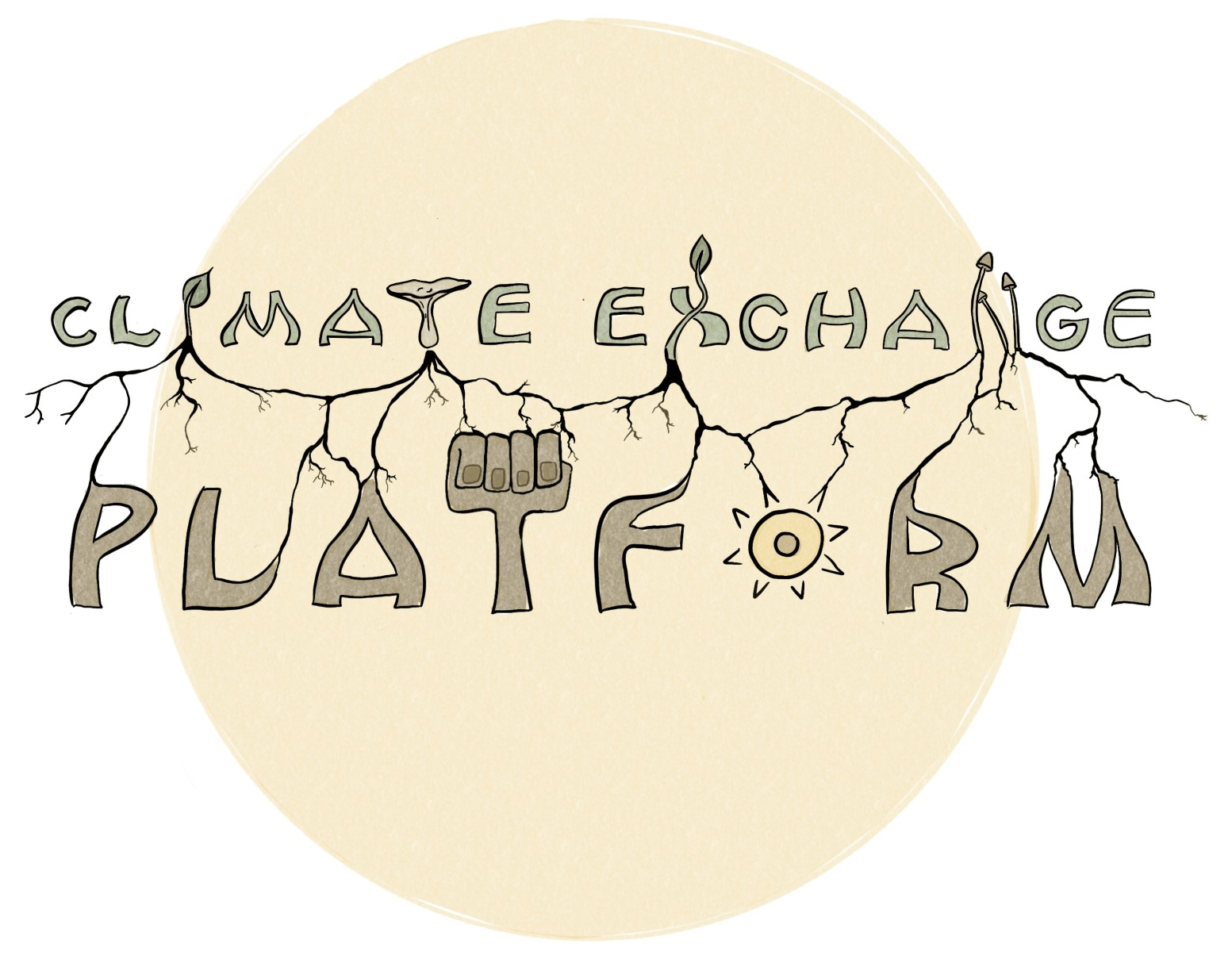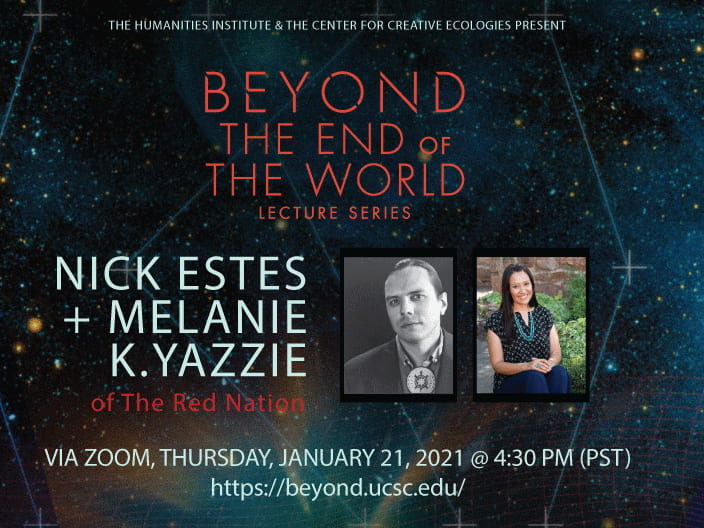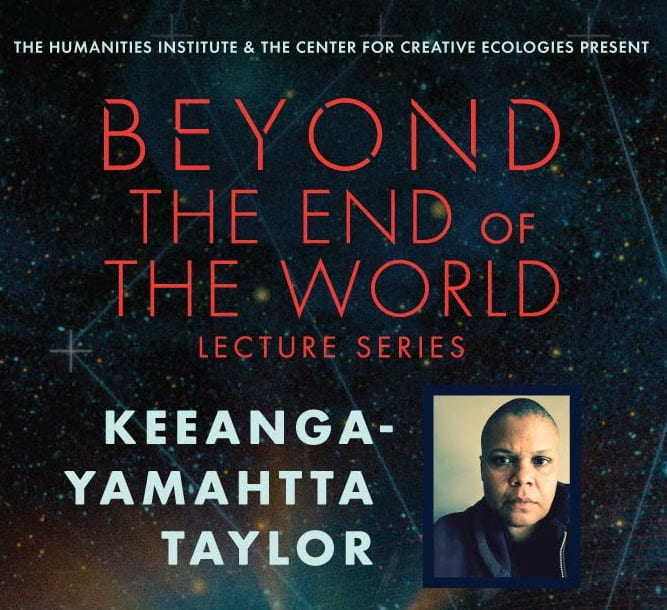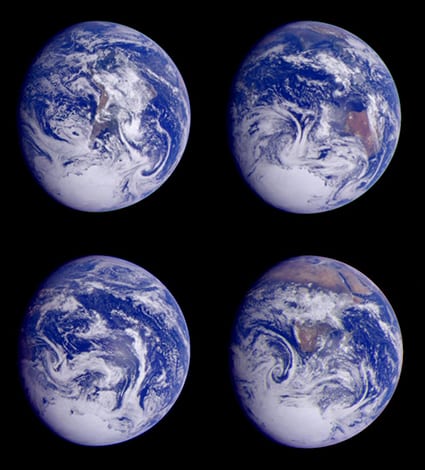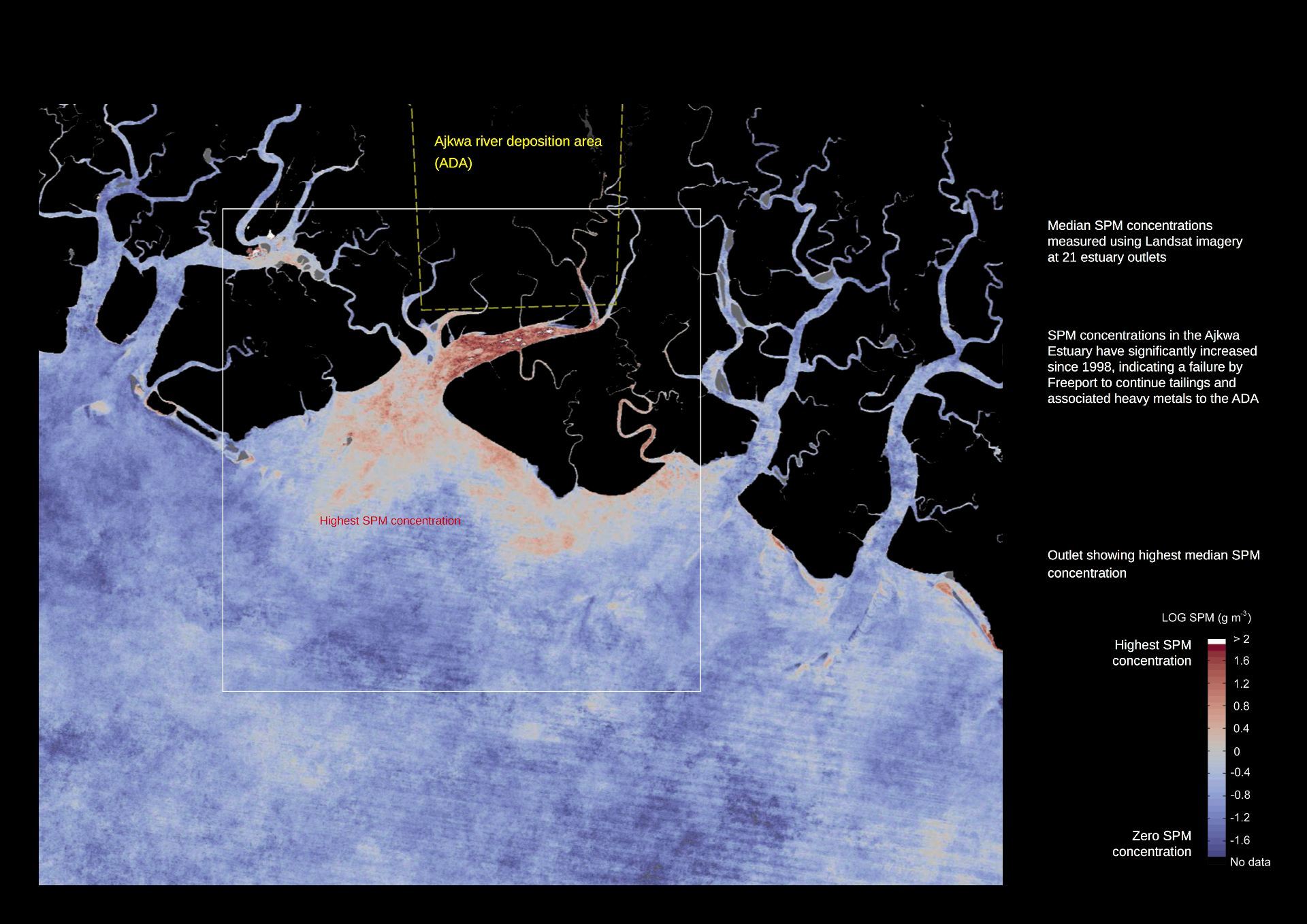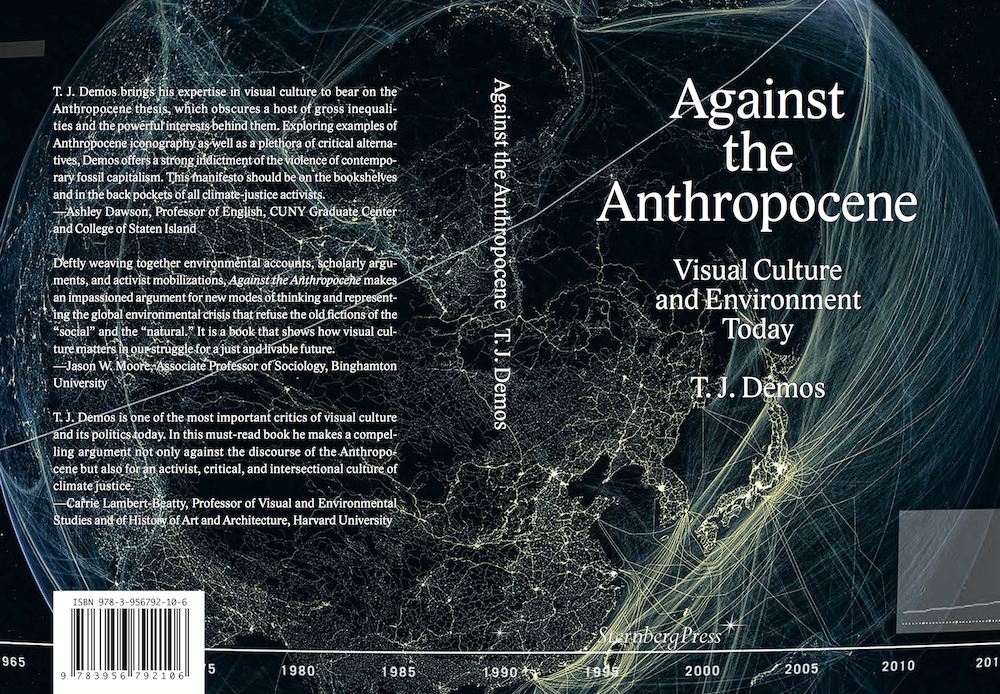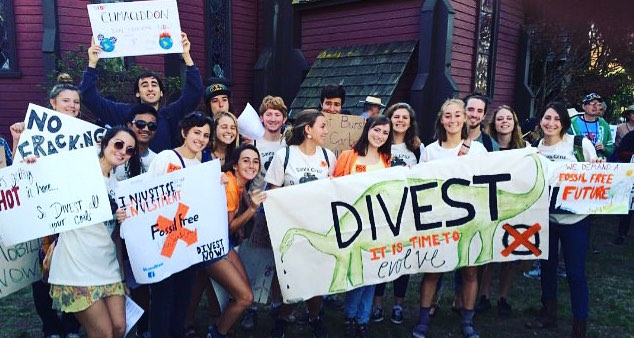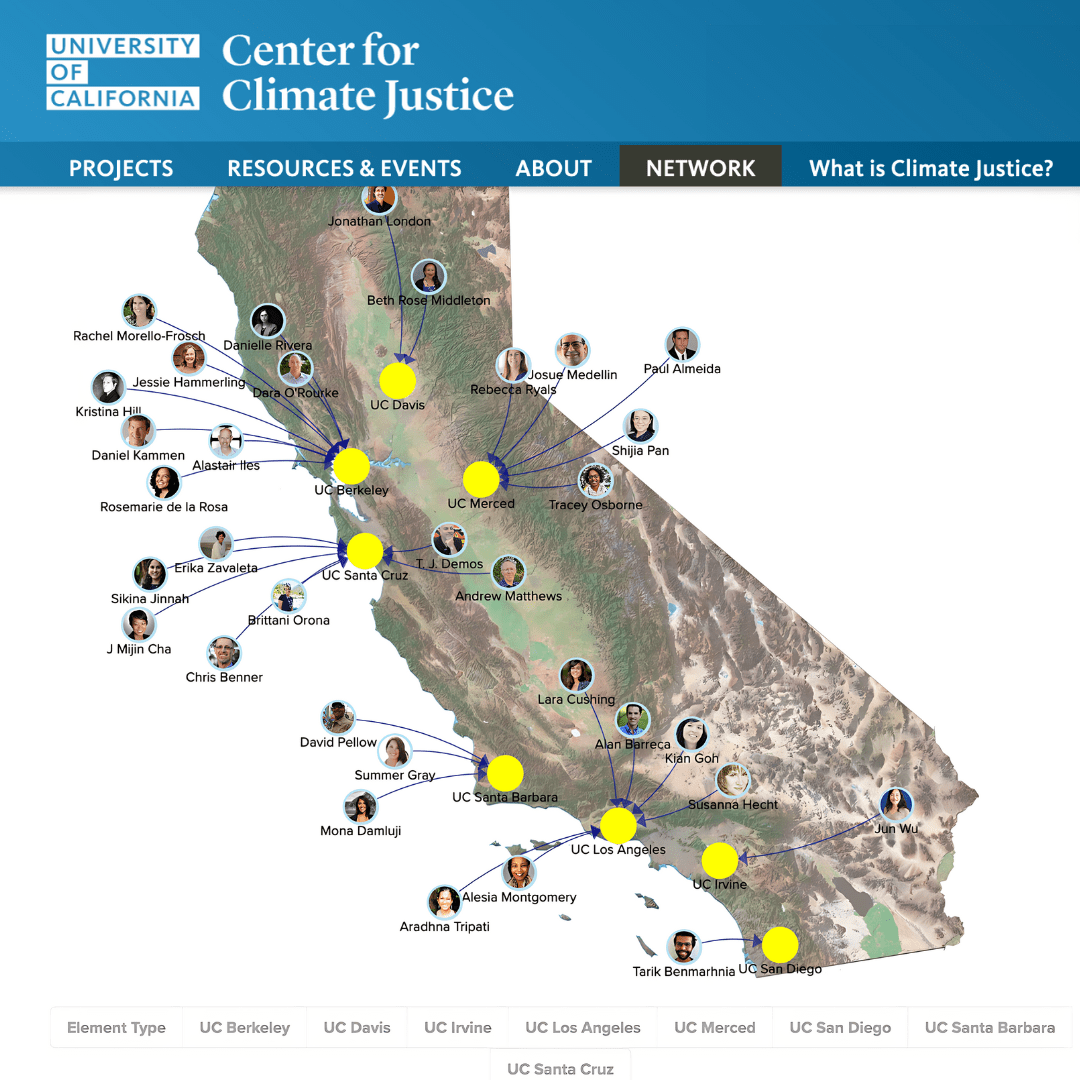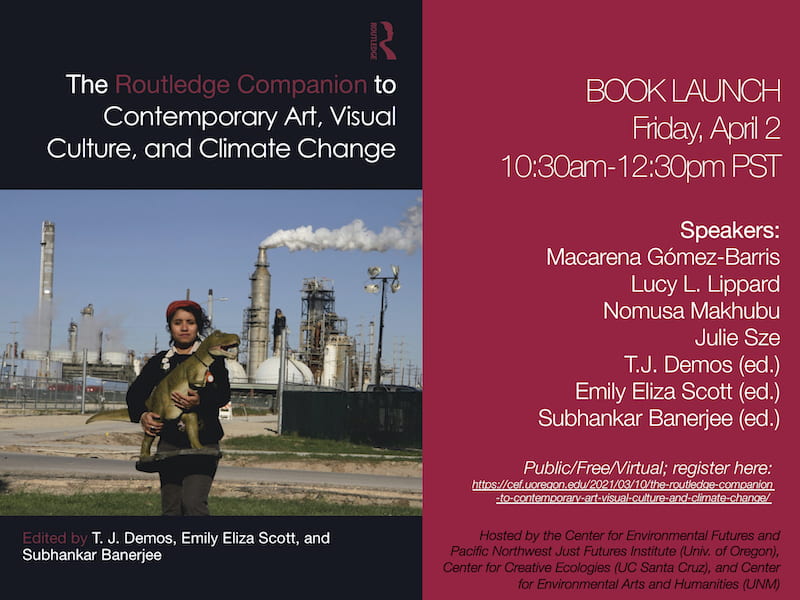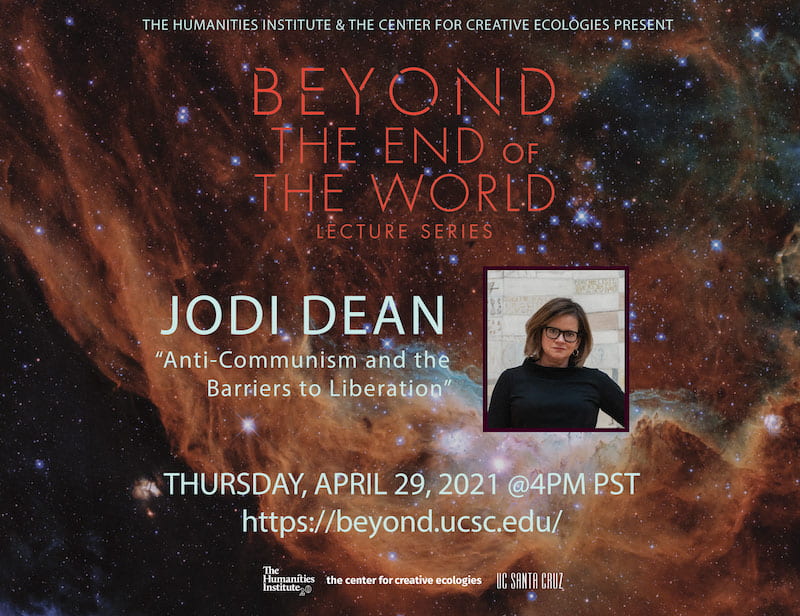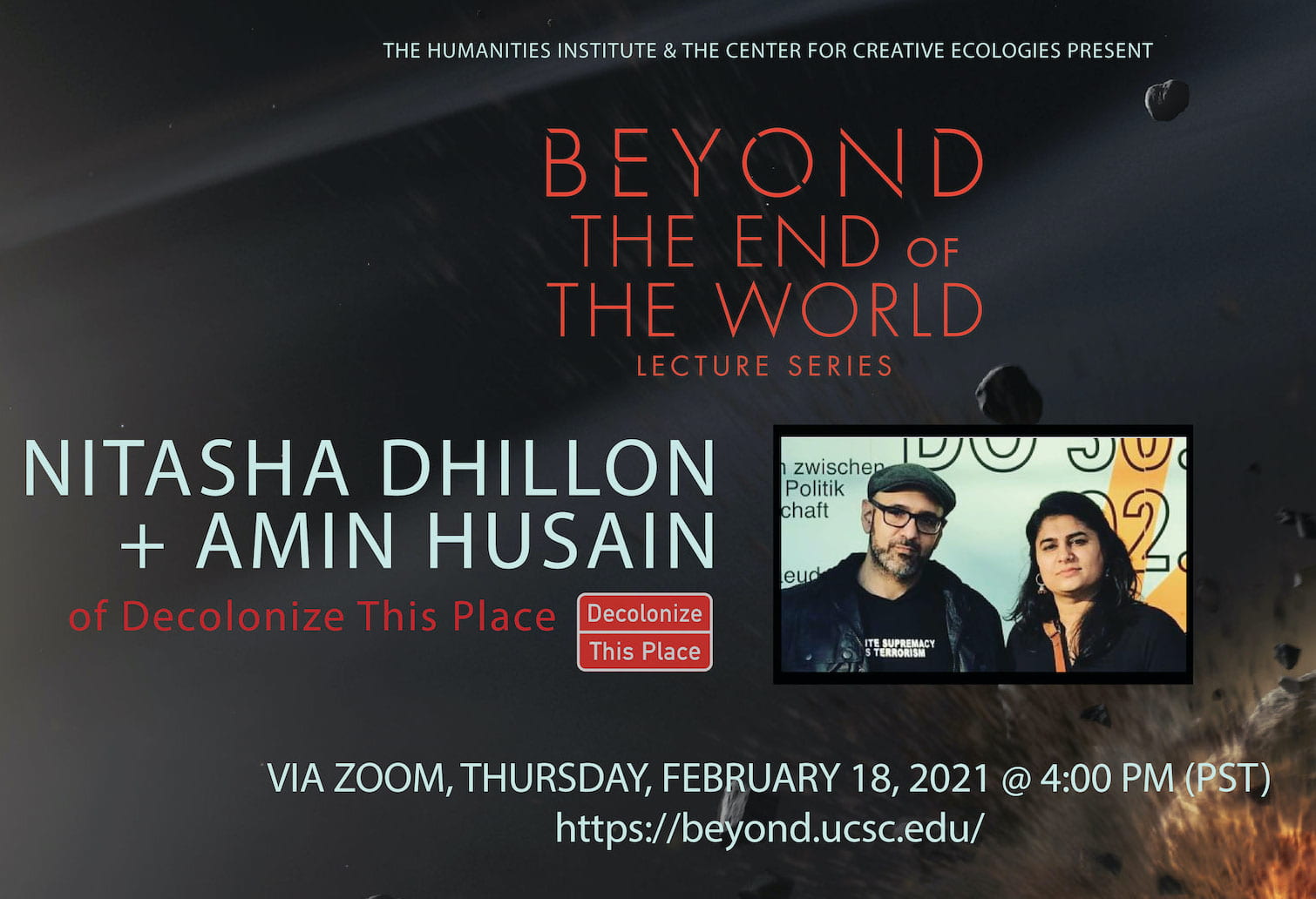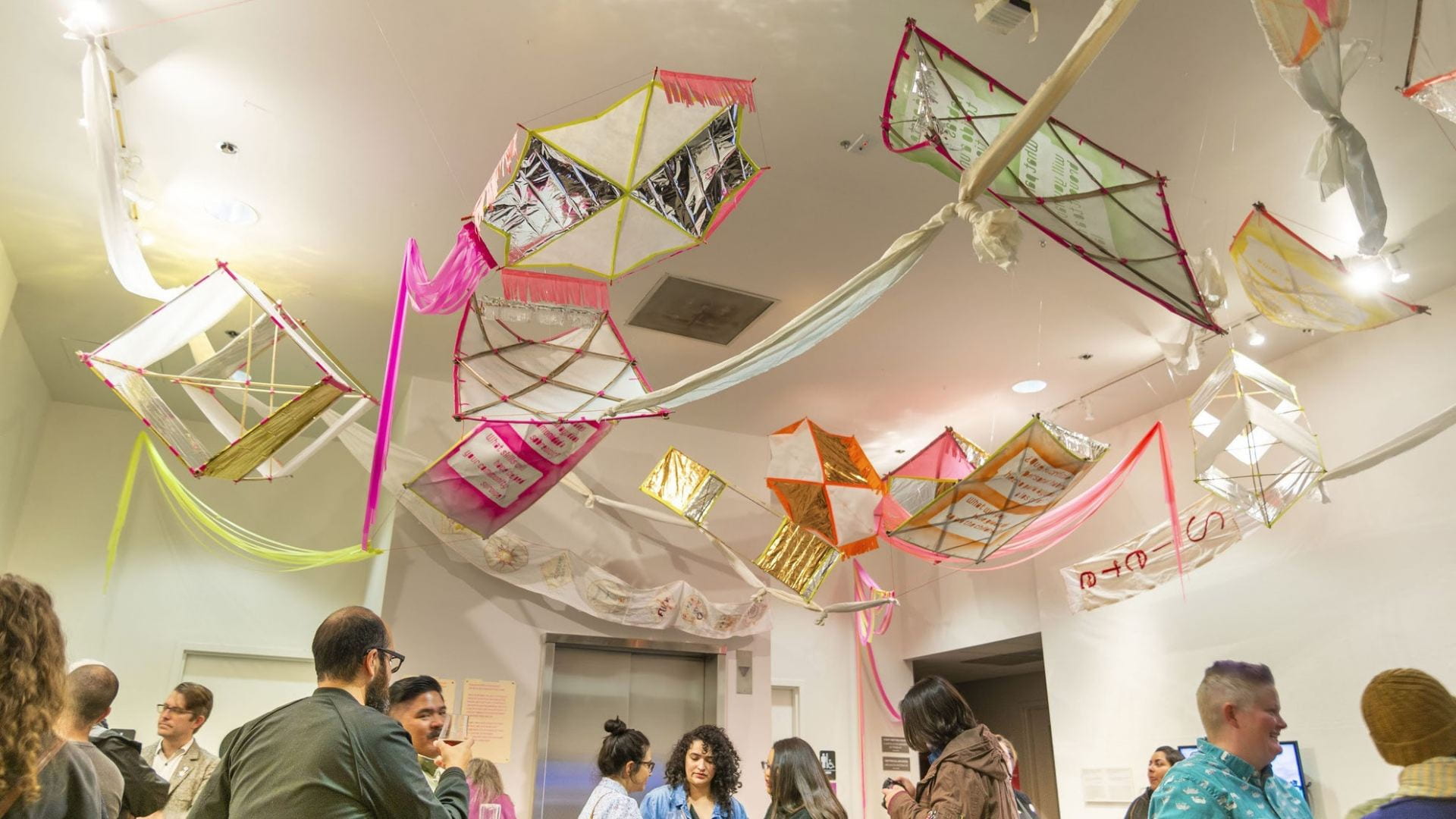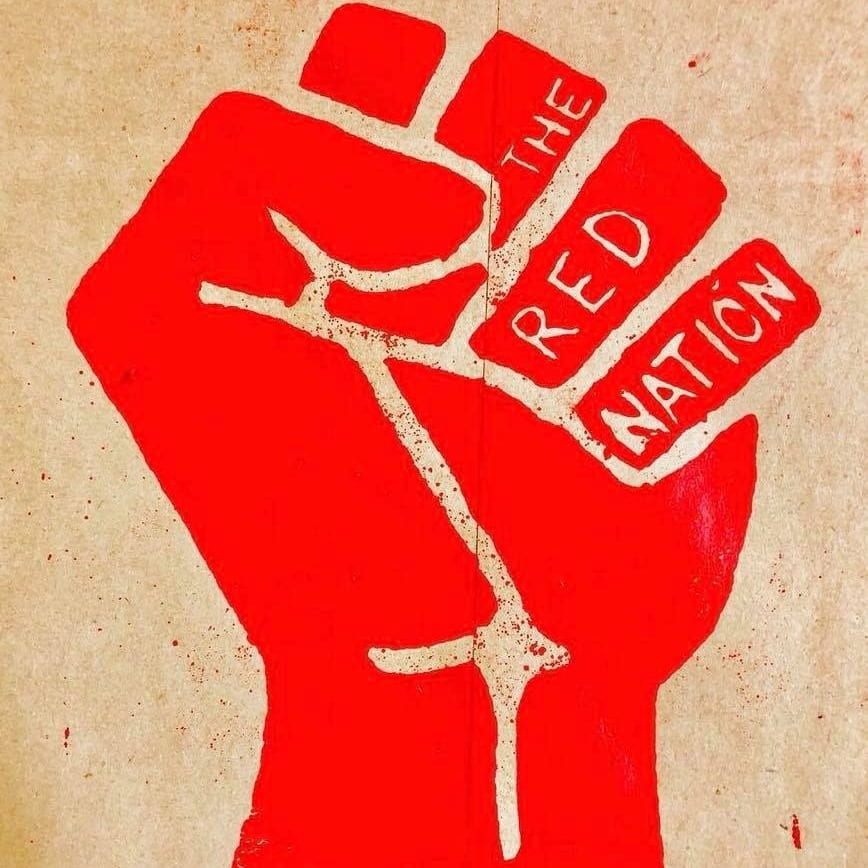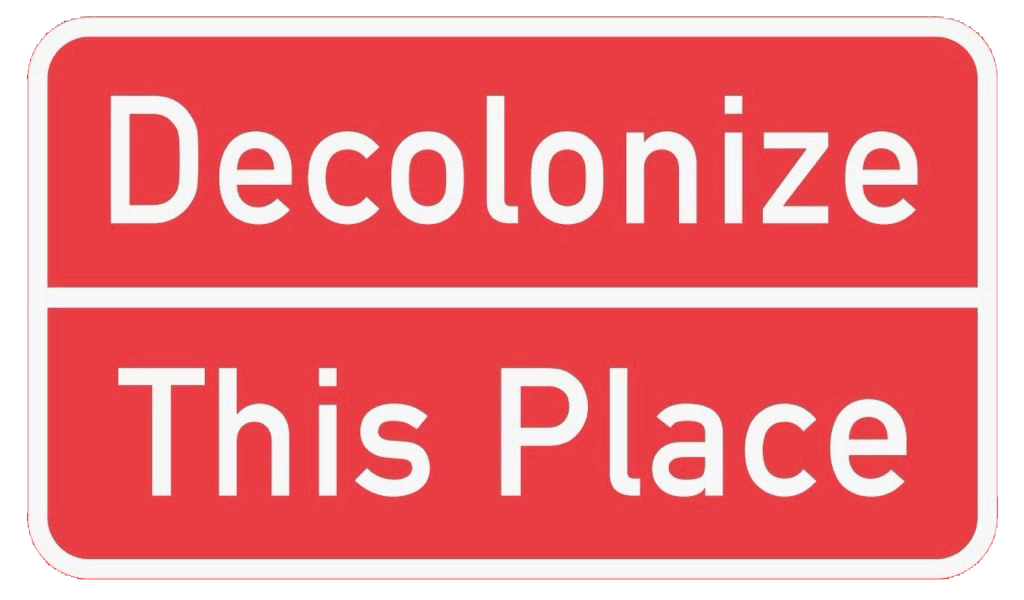“Nuclear Nows: Contemporary Art, Radiation, and Militarized Ecologies,” organized by Zoe Weldon-Yochin and T. J. Demos of the Center for Creative Ecologies, UC Santa Cruz, offers an online double-seminar that brings together leading interdisciplinary researchers, artists, and activists focused on radiation and militarized ecologies in relation to art, visual culture, and socio-environmental troubles. The two panels on March 5 and 12, 2024 invite productively entangled ways of thinking about the enduring presence of atomic violence from perspectives of and beyond the arts, reaching out to the many material, social, technological, and political networks that sustain the ongoing toxic features of the nuclear age. Each panel invites overlapping and varied ways of thinking about the enduring presence of atomic violence from the perspective of the arts, and will investigate both the networks and representations crucial to sustaining the ongoing toxic features of the nuclear age, and the political and aesthetic practices necessary to resist them.
More info here. (Image credit: Courtesy of Susan Schuppli, Still from Trace Evidence (2016).
Video recording of Part 1 here (with Karen Barad, Jessica Hurley, and Zoe Weldon-Yochim).
Video recording of Part 2 here (with Susan Schuppli, Melanie Yazzie, and Will Wilson)
On November 13, 2020, the CCE hosted a performance and discussion with Black Quantum Futurism—the multidisciplinary collaboration between Camae Ayewa (Rockers!; Moor Mother) and Rasheedah Phillips (The AfroFuturist Affair; Metropolarity) exploring the intersections of Afrofuturism, creative media, DIY-aesthetics, and activism in marginalized communities through an alternative temporal lens and chronopolitics! Part of Beyond the End of the World's lecture series, a screening of a newly-released musical video by Moor Mother was followed by a discussion of Black Quantum Futurism theory and practice, all of which archived and now available here.
5 Principles for Just COVID-19 Relief and Stimulus
The COVID-19 pandemic demands swift and unprecedented action from the federal government. The depth of the crisis and the scope of the response mean that choices being made right now will shape our society for years, if not decades to come. As policymakers take steps to ensure immediate relief and long-term recovery, it is imperative that they consider the interrelated crises of wealth inequality, racism, and ecological decline, which were in place long before COVID-19, and now risk being intensified. This is a time to be decisive in saving lives, and bold in charting a path to a genuinely healthier and more equitable future through a just recovery.
The Institute of the Arts and Sciences, in collaboration with the Mary Porter Sesnon Art Gallery and the Center for Creative Ecologies, is proud to present Forest Law, an exhibition by artist-researcher Ursula Biemann and architect Paulo Tavares.
Ursula Biemann and Paulo Tavares: Forest Law
Mary Porter Sesnon Art Gallery, UC Santa Cruz
October 3 - December 1, 2018
Opening: October 3 5-7 p.m.
Extended remarks by art historian and theorist T. J. Demos at 6 p.m.
Forest Law, 2014, is a 38-minute video essay and catalog drawn from research carried out by Biemann and Tavares in the Ecuadorian Amazon. It considers the legal cases which plead for the rights of nature against the dramatic expansion of large-scale extraction activities in the region, including the trial won by the indigenous people of Sarayuku based on their cosmology of the living forest. The project creatively maps the cosmopolitical and ecological dimensions of these trials on behalf of the forest and the people who cultivate the forest, tracing the entanglements and frictions between the ethical and onto-epistemic stakes these cases raise.
Situated at the transition between the Amazon floodplains and the Andean mountains, the Ecuadorian Amazon is one of the most biodiverse regions on Earth and fulfills vital functions in global climate regulation. It is also the home of indigenous nations and a land of great ethno-cultural diversity. Underlying this vast territory are immense deposits of oil, gas, and minerals. This makes it the target of many corporate extractive industries, intent on unearthing the mineral wealth despite the diasterous effects these industries have on the area and its inhabitants. In 2008, indigenous lawyers and experts successfully fought to amend the constitution of the State of Ecuador, establishing fundamental rights of nature for eco-systems to fight this extraction. Nature in Ecuador became a subject of the national legal code, with the governments and corporations abusing and misappropriating it, at least conceivably, to be held accountable.
The Institute of the Arts and Sciences and the Center for Creative Ecologies presents: The Cosmopolitics of Forest Law Revisited: A Conversation with Marisol de la Cadena and T.J. Demos.
Traction: Art Talk with Carolina Caycedo, November 13, 2018
Join the Institute of the Arts and Sciences for TRACTION: Art Talk, featuring ecologically-engaged artist Carolina Caycedo. Following the lecture, Caycedo and collaborators will perform Beyond Control, a choreography of movements which evoke the visual and theoretical relationships that exist between the construction of dams, the containment of bodies of water, and the physical, legal and psychological control of the social body.
* Image: Installation view of Ursula Biemann and Paulo Tavares, Forest Law (still of José Gualinga, leader of the Sarayaku people), 2014, Sesnon Gallery, UC Santa Cruz.
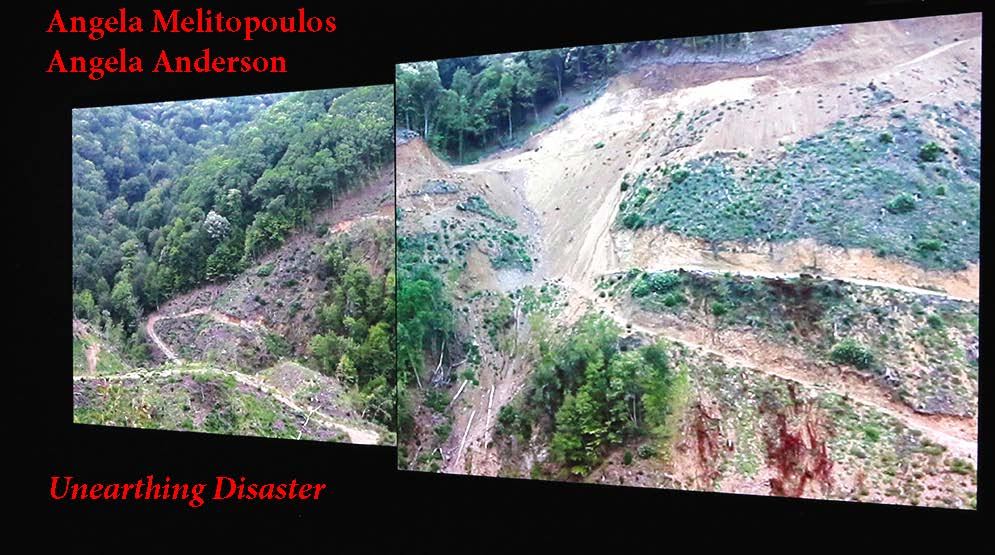 In this November 2017 essay contribution to the CCE Journal, writer and curator Rachel Nelson provides a piercing analysis of Berlin-based artists Angela Melitopoulos and Angela Anderson’s Unearthing Disaster I & II (pictured above), which document socio-environmental injustice in Greece’s Halkidiki Peninsula. During May-June 2017, the Institute of the Arts and Sciences of UC Santa Cruz, in coordination with the 2017 Extraction research project organized by A. Laurie Palmer and T.J. Demos of the Center for Creative Ecologies, presented Unearthing Disaster I & II. Expertly curated by IAS founding director John Weber at Minnesota Street Project in San Francisco, the double video project examines the destruction of a pristine, mountainous forest region in Northeastern Greece by a Canadian mining company, set within the anti-democratic conditions of EU-imposed Greek austerity, and considers what resistance means. Read more...
In this November 2017 essay contribution to the CCE Journal, writer and curator Rachel Nelson provides a piercing analysis of Berlin-based artists Angela Melitopoulos and Angela Anderson’s Unearthing Disaster I & II (pictured above), which document socio-environmental injustice in Greece’s Halkidiki Peninsula. During May-June 2017, the Institute of the Arts and Sciences of UC Santa Cruz, in coordination with the 2017 Extraction research project organized by A. Laurie Palmer and T.J. Demos of the Center for Creative Ecologies, presented Unearthing Disaster I & II. Expertly curated by IAS founding director John Weber at Minnesota Street Project in San Francisco, the double video project examines the destruction of a pristine, mountainous forest region in Northeastern Greece by a Canadian mining company, set within the anti-democratic conditions of EU-imposed Greek austerity, and considers what resistance means. Read more...
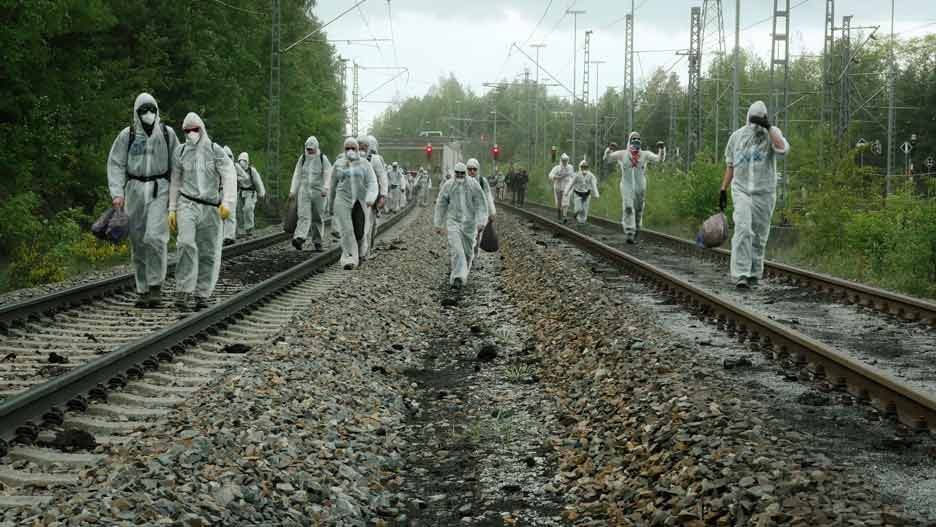 In May 2017, Vienna-based artist Oliver Ressler visited UC Santa Cruz and the Center for Creative Ecologies, where he spoke about Everything’s Coming Together While Everything’s Falling Apart, his recent series of films from 2016-17. The three short pieces, each between 12 and 36 minutes, address international climate governance, its challenges and failures, and showcase select artist-activist grassroots movements seeking to transform the ways we live and how we organize society on the most fundamental of levels. Another world is indeed possible. Ressler’s extensive body of moving-image-based work—established over more than two decades of practice at the intersection of experimental art and radical politics—is exemplary for its seeking out viable and collectively organized political-cultural forms of life, which might be termed the arts of living otherwise, that represent radical alternatives to the disastrous course of petrocapitalism. That bankrupt regime is based on corrupt political governance, growing economic inequality, and violent social injustice founded upon the destructive exploitation and transformation of Earth’s natural systems. For Ressler, “The story of this ongoing film project may turn out to be a story of the beginning of the climate revolution, the moment when popular resistance began to reconfigure the world.” Let us hope for just that. Read more...
In May 2017, Vienna-based artist Oliver Ressler visited UC Santa Cruz and the Center for Creative Ecologies, where he spoke about Everything’s Coming Together While Everything’s Falling Apart, his recent series of films from 2016-17. The three short pieces, each between 12 and 36 minutes, address international climate governance, its challenges and failures, and showcase select artist-activist grassroots movements seeking to transform the ways we live and how we organize society on the most fundamental of levels. Another world is indeed possible. Ressler’s extensive body of moving-image-based work—established over more than two decades of practice at the intersection of experimental art and radical politics—is exemplary for its seeking out viable and collectively organized political-cultural forms of life, which might be termed the arts of living otherwise, that represent radical alternatives to the disastrous course of petrocapitalism. That bankrupt regime is based on corrupt political governance, growing economic inequality, and violent social injustice founded upon the destructive exploitation and transformation of Earth’s natural systems. For Ressler, “The story of this ongoing film project may turn out to be a story of the beginning of the climate revolution, the moment when popular resistance began to reconfigure the world.” Let us hope for just that. Read more...
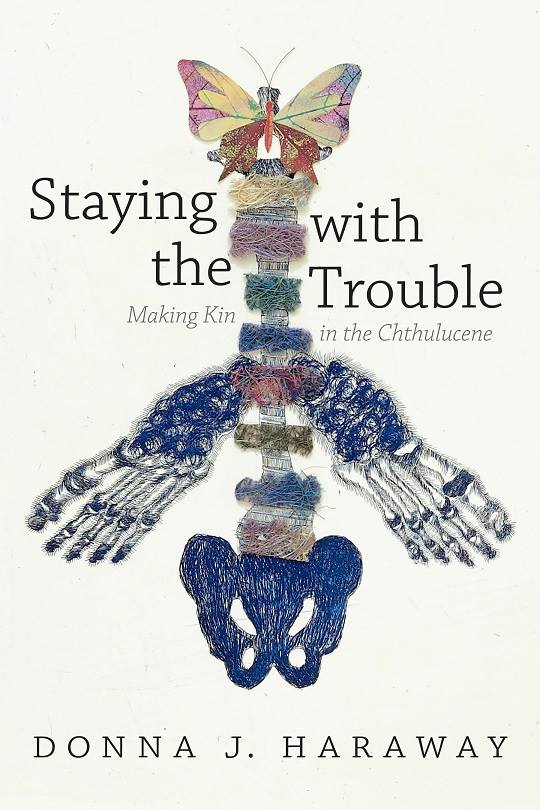 On the Power of the Humusities for a Habitable Multispecies Muddle”: A Salon Evening With Donna Haraway*
On the Power of the Humusities for a Habitable Multispecies Muddle”: A Salon Evening With Donna Haraway*
Please join us for an informal dinner discussion with Donna Haraway on the occasion of the publication of her new book Staying with the Trouble: Making Kin the Chthulucene (Duke University Press, 2016).
Wednesday, October 5, 2016, 6:30pm
In its pages, Donna Haraway writes of the sustained imperative of our new geological epoch: “we must cultivate “response-ability; that is also collective knowing and doing, an ecology of practices.” In that spirit, the Center for Creative Ecologies—dedicated to exploring precisely creative practices of response-ability and promoting ecologies of interdisciplinary connection —invites guests to consider the significance of the terminological proposals for our time, such as Anthropocene, Capitalocene, and Chthulucene. The latter is Haraway’s own conceptualization for describing and cultivating a post-anthropocentric era of multi-species mutualities, sympoiesis, and creative kin-ful co-becomings. For these may be our best chance of fending off the incursions of the regressive individualism and human exceptionalism of Anthropocenic hegemony and equally the petrocapitalist exterminism of the Capitalocene’s financialization and colonization of all remaining natures. Please join us for what will be a fascinating humusities discussion with Donna—akin to a muddy exchange of organisms, a composting of ideas in the pluriversity of humus—of how we might make life habitable amidst this multispecies muddle.
* Haraway, Staying With the Trouble, 32. One chapter extract, “Tentacular Thinking: Anthropocene, Capitalocene, Chthulucene” was recently published online at e-flux, where it is freely available.
Becoming Indigenous, Feb 18, 2016
Salon discussion with Jim Clifford, Santa Cruz, Feb 18, 2016. The informal topic of the event is "becoming indigenous," a term mobilized by Clifford in his 2013 book Returns: Becoming Indigenous in the Twenty-First Century. In addition to proposing ways to think about the multiple meanings of Indigenous becomings in relation to the uncertain postcolonial, media-networked forms of native life today, how might the phrase also relate to the conditions of people living locally with ethico-political consciousness? Can the suggestive phrase also characterize becoming local at a time of global uprootedness, migration (forced and voluntary), and virtual presence/absence, sending down roots when nature, nativity, and nationality--and thus the nature of locality--have all begun to break down, at least as uncomplicated, uncontested words? Does it make sense to think about "becoming local" as an ecological act, linked to solidarity with assorted Indigenous becomings in an era of extractivism, climate chaos, and growing political inequality?
*Thanks to Jim Clifford for the above shot of Paris' Luxembourg Gardens and its mobile indigenizing flora!
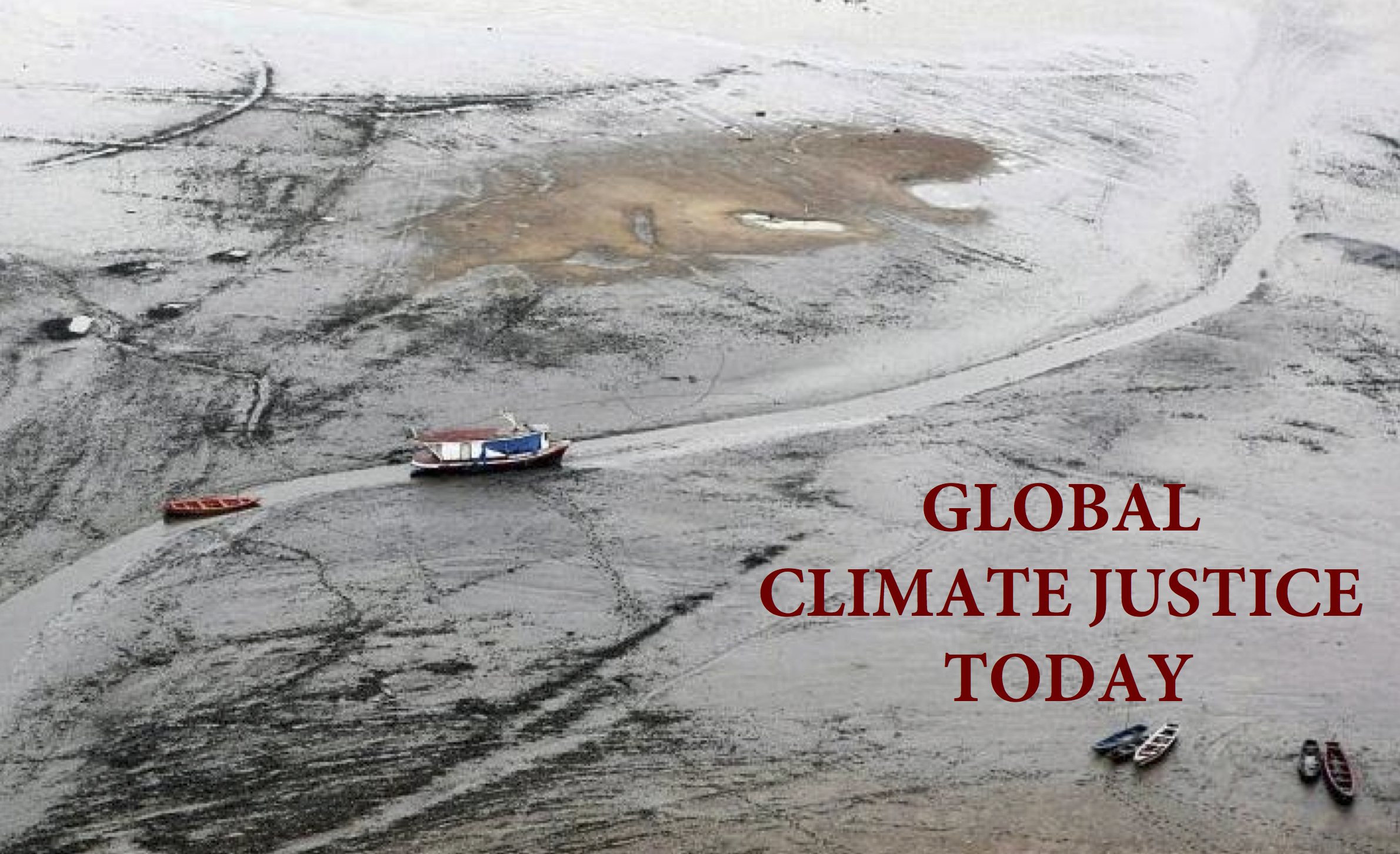 Global Climate Justice Today
Global Climate Justice Today
UC Santa Cruz, October 13-27, 2015
This series of talks at UC Santa Cruz—featuring Valentin Lopez (Amah Mutsun Tribal Band), Flora Lu (UC Santa Cruz), Néstor L. Silva (Stanford University), Leila Salazar-Lopez (Amazon Watch), Andy Szasz (UC Santa Cruz), T.J. Demos (UC Santa Cruz), and Paulo Tavares (Centre for Research Architecture, Goldsmiths, University of London/Pontificia Universidad Católica del Ecuador)—investigates the current meanings of climate justice for communities from California to the Ecuadorian Amazon. Climate Justice is built on the realization that addressing environmental change must be accompanied by attentiveness to structural inequalities, and that any solution must prioritize socio-political and economic justice and include the participation of those most vulnerable to environmental impacts. As such, climate justice raises ongoing questions of political-ecological urgency for artists and activists alike.
Organized by T.J. Demos and the Center for Creative Ecologies, Climate Justice Today responds to these pressing questions related to how we address the social, economic, and ecological impacts of our changing environment, and what political recourse and sites of agency remain. Climate Justice Today is generously sponsored by UCSC’s Arts Dean’s Fund for Excellence, UCSC’s Colleges Nine and Ten, UCSC's American Indian Resource Center, and the Institute of the Arts and Sciences.
The Center for Creative Ecologies (CCE) hosts a regular reading group for interested faculty and students.
We encourage participants from any discipline or area of interest to join. The CCE Reading Group was initiated in Fall of 2016 and represents an interdisciplinary assembly of academics and graduate students interested in engaging with current texts written at the intersection of art, culture, politics, and ecology. The group meets every two or three weeks during the school year. Meetings are held across the UCSC campus at various locations, usually outside or in non-formal settings. The aim of the reading group is to develop useful arts-led interdisciplinary research dialogue to examine and explore how cultural practitioners critically address and creatively negotiate environmental concerns in the local, regional, and global field. These concerns include anthropogenic climate change and global warming, and relate to factors such as habitat destruction, drought, species extinction, and environmental degradation. We strive to create an inclusive atmosphere to collectively share and explore new avenues of thought and practice.
Recent texts considered: Donna Haraway’s (2016) Staying with the Trouble, McKenzie Wark’s (2015) Molecular Red, Jason Moore’s (2016) Capitalism in the Web of Life, and Glen Coulthard’s (2014) Red Skin, White Masks, and Fred Moten and Stefano Harvey’s Undercommons (2013), among others. Readings are collectively determined and aligned with current events, recent publications, and exhibitions at and around UCSC.
More information can be found at the CCE Reading Group website.
Join us this Spring 2024 for Climate Exchange Platform, an online series organized by an international group of artist-educators and cultural practitioners working at the intersection of art and climate change. Initiated by artist Dorine van Meel with the aim of connecting arts educators and practitioners to collaborative research on ecological catastrophe, extraction, and exhaustion, participating institutions include the Jan van Eyck Academie, the Art and Ecology MA at Goldsmiths, and the Center for Creative Ecologies, with the program organized by Chessa Adsit-Morris, Madalen Claire Benson, Imke Hullmann, Marik de Koning, Bethany Copsey, Jane Lawson and Julien Thomas. More info and registration below…
• Bringing Theories of Change into Practice
22 April 11 am PST / 8 pm CET
Join Azul Duque and Dani D'Emilia of Gesturing Towards Decolonial Futures and Jay Jordan and Isa Fremeaux of the Laboratory of Insurrectionary Imagination for a participatory workshop that looks at how to bring theories of change into practice. Members of the two groups will each give a 40-minute presentation and/or workshop, followed by 30 minutes of discussion between the two groups, facilitated by session organizers.
Register here!
• Art and Collective Action
6 May 11 am PST / 8 pm CET
Join Amin Husain and Nitasha Dhillon of Decolonize This Place, Tiana Hemlock-Yensen of 4BID Gallery, and Freija and Esther of Extinction Rebellion Arts Circle Amsterdam for a conversation on art and collective action. In this session, contributors will share experiences from their work, and discuss topics including solidarity-building, bringing art into protest spaces, and methods for using art to ignite socio-political change. The contributors will provide introductions and examples of their work before engaging in a one-hour facilitated discussion, followed by a 45-minute Q&A.
Register here!
• Collaborating towards Climate Justice
22 May 11 am PST / 8 pm CET
In this online workshop we will engage with the question of how can we build networks of solidarity and support with those that are directly affected by ecological destruction and climate breakdown? What are meaningful ways of (artistic) collaboration and how do we not reproduce existing power dynamics? Artist Ralph Eya and activist Rosa Marina Flores Cruz will share their practices and invite the audience to engage through practical exercises with their work.
Register here!
As part of the 2020-21 UCSC Mellon Sawyer Seminar Beyond the End of the World's lecture series, Nick Estes and Melanie Yazzie of The Red Nation discuss decolonial futures and the political geography of the borderland--expanded to the entirety of the US--with T. J. Demos and Mayanthi Fernando. (Recording available here).
Amitav Ghosh
Thursday, February 27, 2020
Music Recital Hall, UC Santa Cruz
Keeanga-Yamahtta Taylor
Thursday, January 23, 2020
Music Recital Hall, UC Santa Cruz
Beyond the End of the World comprises a two-year-long research and exhibition project and public lecture series, directed by T. J. Demos of the Center for Creative Ecologies, bringing leading international thinkers and cultural practitioners to UC Santa Cruz to discuss what lies beyond dystopian catastrophism, and how we can cultivate radical futures of social justice and ecological flourishing. Funded by the Andrew W. Mellon Foundation John E. Sawyer Seminar on the Comparative Study of Culture. For more information visit BEYOND.UCSC.EDU.
T. J. Demos / UC Santa Cruz receives Mellon Foundation humanities grant to explore Earth Futures during 2019-20
Catastrophic environmental breakdown, mass species extinction, financial collapse, racist separatism, global nuclear war…there is much speculation these days that we are living at the end of democracy, liberalism, capitalism, a cool planet, and civilization as we know it. What are our chances for survival? How can we envision the unimaginable, and what will life look like in the near and distant future?
Faculty and students at UC Santa Cruz will explore these urgent issues over the next two years thanks to a $225,000 grant from The Andrew W. Mellon Foundation to support “Beyond the End of the World”—a Sawyer Seminar on the Comparative Study of Cultures directed by T J. Demos of the Center for Creative Ecologies.
The project will bring leading international thinkers and cultural practitioners to UC Santa Cruz to deliver a series of public lectures and will include post-doctoral and dissertation-level research. It will culminate in an art exhibition and interdisciplinary conversation titled “Beyond the End of the World: Approaches in Contemporary Art”—addressing the topic from the perspective of the visual arts and providing a venue to connect cross-disciplinary thinking. More info
West Papua Conflict: From Genocide to Ecocide: An Interview with Nabil Ahmed
Nabil Ahmed is the founder of INTERPRT, an independent project that investigates environmental crime using spatial analysis towards the adoption of ecocide as an international crime. The project is focused on gathering evidence on long term conflicts in the Pacific. He has written for art, science and architecture publications such as Third Text, Scientific Reports, Volume magazine and Forensis: The Architecture of Public Truth (Sternberg, 2014). In this 2018 interview with the Center for Creative Ecologies he discusses his critical mapping project in West Papua with T. J. Demos.
Revolution at 100: A Questionnaire
To the Barricades! Culture and Politics at the Centenary of the October Revolution
As we approach October in the year 2017, we come upon the hundredth anniversary of the momentous event that was the Russian Revolution. Reconfiguring the fundamental conditions of modernity from a radically anti-capitalist perspective, the Revolution realized the potential for a collective form of life according to an emancipatory cultural-political horizon. The Revolution made the seemingly impossible suddenly inevitable, even as its incredible potentiality gradually diminished through its unfortunate unfoldings, ultimately rendering lived communism co-terminus with tyranny. Initiated by T.J. Demos, Amber Hickey, and Chessa Adsit-Morris, the Center for Creative Ecologies invites responses from leading cultural producers, artists, theorists, and activists, to a short questionnaire to see where radical imagination and practice exist in a contemporary world that has entered new levels of unsustainability and injustice.
A Public Conversation with Donna Haraway and Starhawk: Magic, Figuration & Speculative Fiction as Calls to Action
On October 18, 2017, the Center for Creative Ecologies co-sponsored A Public Conversation with Donna Haraway and Starhawk: Magic, Figuration & Speculative Fiction as Calls to Action, an event in collaboration with the Science and Justice Research Center (SJRC)*, bringing together Donna Haraway and Starhawk to dialogue around questions about their lifetimes of activism and writing in a conversation moderated by SJRC Visiting Scholar and organizer of the event, Joan Haran. Chessa Adsit-Morris provides a report-back on the event, which explored the convergences and divergences of Haraway’s and Starhawk’s work, particularly focusing on the role of imagination and science in shaping narratives of the near future.
Book Talk with T.J. Demos, Anna Tsing, and Jennifer González:
Against the Anthropocene: Visual Culture and Environment Today
T.J. Demos, Anna Tsing, and Jennifer González will be in conversation to launch UC Santa Cruz History of Art and Visual Culture Professor T.J. Demos' new book: Against the Anthropocene: Visual Culture and Environment Today. Addressing the current upswing of humanities-based, scientific and environmental arts and attention in relation to the recent proposition that we have entered a new human-driven epoch called the Anthropocene, this new book by cultural critic and art historian T.J. Demos presents a critical overview of that thesis, and its limitations in conceptualisation and in practice. Looking at multiple examples of visual culture — including popular science websites, remote sensing and SatNav imagery, photographic documentation, eco-activist mobilizations, and experimental art projects — the book argues that the Anthropocene terminology works ideologically in support of neoliberalism’s financialization of nature, anthropocentrism’s political economy, and the endorsement of geoengineering as the preferred — but likely disastrous — method of addressing climate change, constituting further modes of environmental violence. To democratise decisions about the world’s near future, Demos proposes that we urgently need to subject the Anthropocene thesis to critical scrutiny and develop creative alternatives in our precarious present — which is the ultimate goal of Against the Anthropocene.
Extraction: Decolonial Visual Cultures in the Age of the Capitalocene
During Winter and Spring 2017, T.J. Demos of UC Santa Cruz’s Center for Creative Ecologies in collaboration with the artist Laurie Palmer of UC Santa Cruz’s Arts Department will initiate the Arts-led research project EXTRACTION, co-sponsored by the Arts Research Institute and the Institute of the Arts and Sciences at UC Santa Cruz. The project comprises a series of interlinked activities directed toward critically analyzing extraction as an industrial operation of natural resource mining and labor exploitation, investigating its ecological, economic, philosophical, and aesthetic factors and implications. Including a film series and artist lecture program—with guest presentations by practitioners such as the Center for Land Use Interpretation, Subhankar Banerjee, Claire Pentecost, Brian Holmes, and Elizabeth Knafo—the project also entails a number of workshops, a student-faculty reading group, field trips to regional extraction sites, and a two-day conference in May. EXTRACTION will draw together artists and researchers at UCSC, and leading thinkers in the field locally, regionally, and nationally. (View details)
Art and Climate Activism: KZSC, Santa Cruz Radio, Nov. 14, 2016
As the 22nd Conference of the Parties to the United Nations Framework Convention on Climate Change met in Marrakesh, Morocco, KZSC spoke to TJ Demos, a UCSC Professor of History of Art and Visual Culture and the Founder and Director of the Center for Creative Ecologies. Demos appeared on KZSC’s Talkabout, and Tamyra Rice and John Sandidge interviewed him about his new book “Decolonizing Nature” as well as the intersections between political protests, art, and ecologies. [link]
What are Creative Ecologies? T.J. Demos answers the question in Take Magazine (Delhi), Spring 2017
“Proposing a notion of creative ecology means decolonising nature—not in the sense of reclaiming some sort of original wilderness or pure nonhuman environment (these represent fictions of a colonised world), but instead releasing the environment from its reduction to “natural resources,” as if it exists purely for human exploitation and consumption.”
Spring 2016: Climate Justice Now! Art, Activism, Environment Today
UC Santa Cruz
As climate change threats grow more severe, and in the absence of government leadership, artists and activists are inventing creative strategies of consciousness-raising, mass mobilization, and ecologically sustainable thinking and living. This class and public lecture series, joined by a diverse array of guest speakers, all leaders in the area of climate justice and cultural politics, will explore current imperatives for making a just transition to a post-carbon future. View recent publicity here. Download Climate Justice Now Poster and class syllabus. And check out the Sonic Climate Justice Playlist, accompanying the course. Videos of lectures are available here.
Cultural Politics of Sustainability at UC Santa Cruz (more here, including videos...)
Funded by the UCSC Sustainability Office, this two-quarter-long project comprises a series of UCSC interdisciplinary symposia and workshops dedicated to the topic of sustainability. Organized in relation to the research and practice of the Arts-based Center for Creative Ecology, the series intends to bring to campus speakers representing expertise in diverse areas of sustainability studies, and with them organize discussions with interdisciplinary members of UC faculty and graduate and undergraduate students on the history, meaning, and conflictual elements of sustainability. The project will also focus on critical discussion of UCSC’s Campus Sustainability Plan.
Recent, Ongoing, Upcoming
The Arts of Durational Organizing: A Conversation with Jonas Staal. In this April 2025 interview, the CCE is joined by Jonas Staal to discuss his recent Climate Propagandas Congregation at BAK, basis voor actuele kunst, in Utrecht last December 2024 and the pressing issues it addressed. The event featured panels, performances, and talks, and was particularly significant as BAK’s gathering following its recent defunding by the Utrecht municipality and the Dutch Council for Culture—part of a broader trend affecting arts institutions and universities in the Netherlands and, to some extent, globally. The discussion revolves around how our fragile, experimental institutions and practices of assembly—built on radical possibility, mythical storytelling, deep history, and care—can respond and reposition themselves as critical refuges against the bureaucratic machinery of commercialized arts education, neoliberal normativity, and neofascist waves of repression? Read more...
The University of California Center for Climate Justice brings together a network of faculty from all ten UC campuses who research and teach about climate change from an equity perspective. The Climate Justice Faculty Network Map is a tool to facilitate community-engaged research and collaboration across the UC. Check out the network map here.
Recording now available of the launch of The Routledge Companion to Contemporary Art, Visual Culture, and Climate Change, including contributors Macarena Gomez-Barris, Lucy Lippard, Nomusa Makhubu, and Julie Sze, together with the book's three editors, Emily Eliza Scott, Subhankar Banerjee, and T. J. Demos, whose roundtable discusses the book’s achievements, critical interventions, and pathways forward. Co-hosted by University of Oregon’s Center for Environmental Futures and its new Pacific Northwest Just Futures Institute for Racial and Climate Justice, and co-sponsored by UCSC’s Center for Creative Ecologies and University of New Mexico’s Center for Environmental Arts and Humanities.
On Apr 29, 2021, Jodi Dean presented “Anti-communism and the Barriers to Liberation” as part of the Beyond the End of the World lecture series (moderated by Debbie Gould and T. J. Demos). “COVID, climate change, and capitalism present a set of fundamental crises. What will it take for the left to be adequate to the task of addressing them? The talk considers the barriers constituted by the continuation of anti-communist assumptions." (Recording available here)
Nitasha Dhillon and Amin Husain discuss Decolonize This Place with T. J. Demos, as part of the Beyond the End of the World lecture series. (Recording available here).

Please join us this upcoming Friday November 20, 10am-12pm, for a public discussion and Q&A with the Center for Creative Ecologies artist and curatorial team including Isabelle Carbonell, Hannah Meszaros Martin, and T. J. Demos. (Recording available here). They will be discussing their contribution to Manifesta 13 Marseille the European Nomadic Biennial. This event is part of the Beyond the End of the World symposium through the Center for Creative Ecologies at UCSC.
New book publication! T. J. Demos, Beyond the End of the World: Arts of Living at the Crossing (Durham: Duke University Press, 2020). 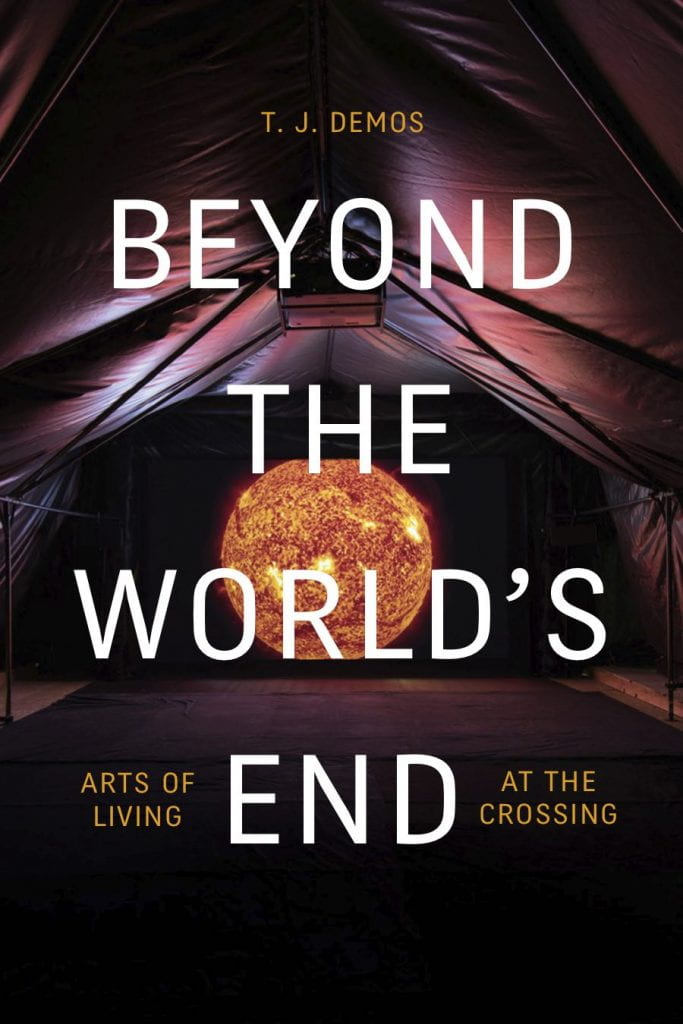
In Beyond the World's End, Demos explores cultural practices that provide radical propositions for living in a world beset by environmental and political crises. Rethinking relationships between aesthetics and an expanded political ecology that foregrounds just futurity, Demos examines how contemporary artists are diversely addressing urgent themes, including John Akomfrah's cinematic entanglements of racial capitalism with current environmental threats, the visual politics of climate refugees in work by Forensic Architecture and Teddy Cruz and Fonna Forman, and moving images of Afrofuturist climate justice in projects by Arthur Jafa and Martine Syms. Demos considers video and mixed-media art that responds to resource extraction in works by Angela Melitopoulos, Allora & Calzadilla, and Ursula Biemann, as well as the multispecies ecologies of Terike Haapoja and Public Studio. Support Duke UP: Half-off sale until Nov 23! (Use Coupon Code FALL2020 to enjoy a 50% discount on all in-stock books and journal issues from October 5 – November 23, 2020).
Beyond the World’s End exhibition continues into an uncertain and indefinite future at Santa Cruz’ Museum of Art and History, running from March 6th, 2020 - May 8th, 2021, with a virtual presentation while the galleries remain closed. Guest curated by T. J Demos, this exhibition features art and ideas from and about the end of the world. From queer indigenous hauntings and Afrofuturist montages, to a proposal for a Cross-Border Commons and a people’s archive of sinking and melting. These artworks are an invitation to be present with our past, and offer resources for what’s to come. They ask you to visualize, struggle against and overcome the social and environmental injustices we face. Apocalypse isn’t the end, it’s just the reveal. With participating artists: Amy Balkin; Laurie Palmer; Teddy Cruz + Fonna Forman; Allora & Calzadilla; Super Futures Haunt Qollective; Krista Franklin; Newton Harrison; and Rasquache Collective. Recording of May 22nd, 2020's Symposium, facilitated by the MAH's Exhibition Catalyst, Everett Ó Cillín, is available here.
Continuing with our Beyond the End of the World program, we look forwards to presentations by Nick Estes and Melanie K. Yazzie, of The Red Nation, on Thursday, January 21, 2021, 4:30pm, Virtual, UC Santa Cruz, Free and open to all. Nick Estes is a citizen of the Lower Brule Sioux Tribe. He is an Assistant Professor in the American Studies Department at the University of New Mexico. In 2014, he co-founded The Red Nation, an Indigenous resistance organization. His research engages colonialism and global Indigenous histories, with a focus on decolonization, oral history, U.S. imperialism, environmental justice, anti-capitalism, and the Oceti Sakowin. Estes is the author of the book Our History Is the Future: Standing Rock Versus the Dakota Access Pipeline, and the Long Tradition of Indigenous Resistance (Verso, 2019), and edited with Jaskiran Dhillon the volume Standing with Standing Rock: Voices from the #NoDAPL Movement (University of Minnesota, 2019).
Beyond the End of the World series will welcome Nitasha Dhillon and Amin Husain, of MTL / Decolonize This Place, on February 18, 2021, 4:00pm, Virtual, UC Santa Cruz, Free and open to all. Natasha Dhillon and Amin Husain, are MTL, a collaboration that joins research, aesthetics, organizing and action in practice. Nitasha Dhillon and Amin Husain are co-founders of Tidal: Occupy Theory, Occupy Strategy, the movement-generated theory magazine; Global Ultra Luxury Faction, known as the direct action wing of Gulf Labor Coalition; Direct Action Front for Palestine; and, most recently, Decolonize This Place. MTL has published in Alternet, Creative Time Reports, eflux, Hyperallergic, Jadaliyya, and October Magazine. Currently they are directing and producing an experimental documentary film about land, life and liberation in occupied Palestine titled, On This Land.
